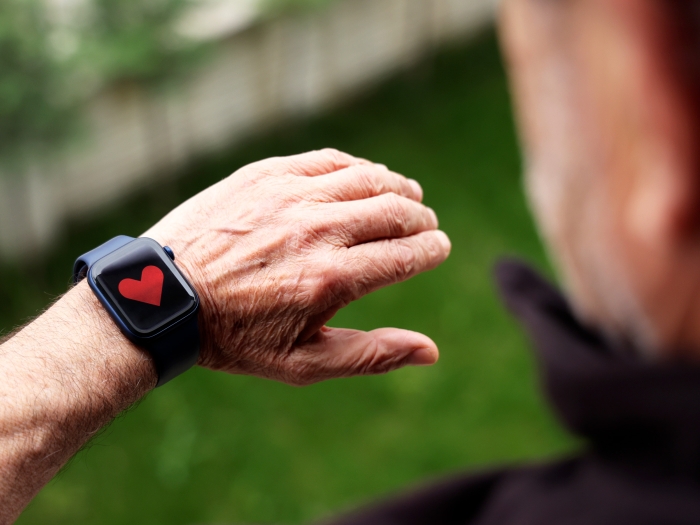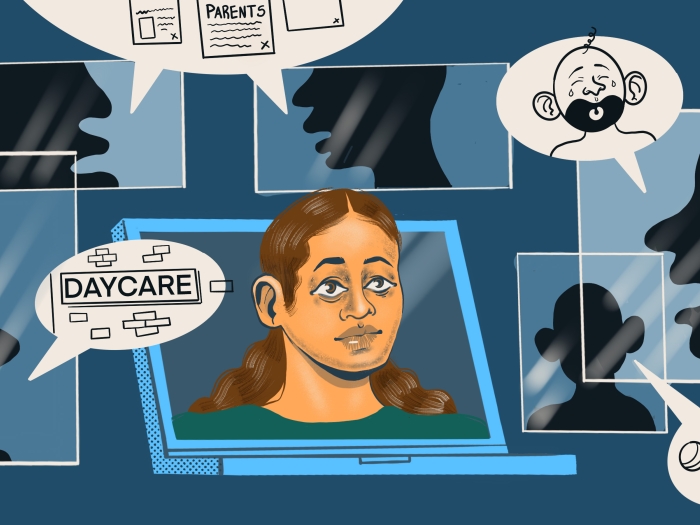Showing 526-540 of 5444 results

Health Lab
A Michigan Medicine research team developed a prescription wristwatch that continuously monitors the wearer’s heart rhythm and uses a unique algorithm to detect atrial fibrillation. The clinical-grade device, called the Verily Study Watch, proved very accurate at identifying atrial fibrillation in participants.

Health Lab
Michigan Medicine researchers have found that growing bacteria on agar mixed with organs is an efficient and effective way to study infectious pathogens.

Health Lab
An innovative service at Michigan Medicine offers pain management support for patients and care teams

Health Lab
While it’s easy to overlook doctor's office questionnaires, that paperwork actually serves a vital role in better understanding how to treat you. Called patient reported outcomes, this information gives medical specialists insight into how treatments truly impact you as a patient.

Health Lab
Last year, a young girl experienced up to 40 seizures a week. Today, after nearly a year of working with the ketogenic diet team at University of Michigan Health C.S. Mott Children’s Hospital – overseen by a pediatric neurologist and dietitian – she’s celebrating six months of seizure freedom.

Health Lab
Pearce, professor of epidemiology at the School of Public Health and co-lead of Rogel’s cancer control and population sciences program, reflects on the project and why bringing this study to Michigan is so critical.

Health Lab Podcast
The fast-acting pill, paired with psychosocial treatment, offers a comprehensive treatment plan, but price concerns remain. Visit Health Lab to read the full story.
Cancer Aware
Drs. Elena Stoffel and Jennifer Griggs, co-principal investigators of the Michigan Genetic Hereditary Testing (MiGHT) Study, discuss the importance of knowing your family health history.

Health Lab
Through a series of experiments in non-human primates, mice and humans, a multi-institutional team led by researchers from Michigan Medicine and Rush University found that the immune protein soluble urokinase plasminogen activator receptor, or suPAR, is an important link between viral infections and proteinuria; the elevation of protein in the urine is known to cause glomerulopathy, a common form of kidney disease.

Health Lab
The holidays are a great time to discuss your family's medical history. Learn the importance of discussing your family's health history & how to bring it up.

Health Lab
Two Michigan Medicine doctors share 8 ways older adults can combat loneliness and social isolation.

Health Lab
Post-acute sequelae of Sars-COV2 (PASC, long COVID) caused a decrease in independence and cognitive ability after coronavirus infection in nursing home residents

Health Lab
When it comes to lupus care, Black adults are normally left behind despite being one of the highest lupus populations.

Health Lab
A C.S. Mott Children's Hospital health poll found most mothers and over two-thirds of fathers of children ages 0-4 use social media for questions on topics like feeding and behavior challenges.